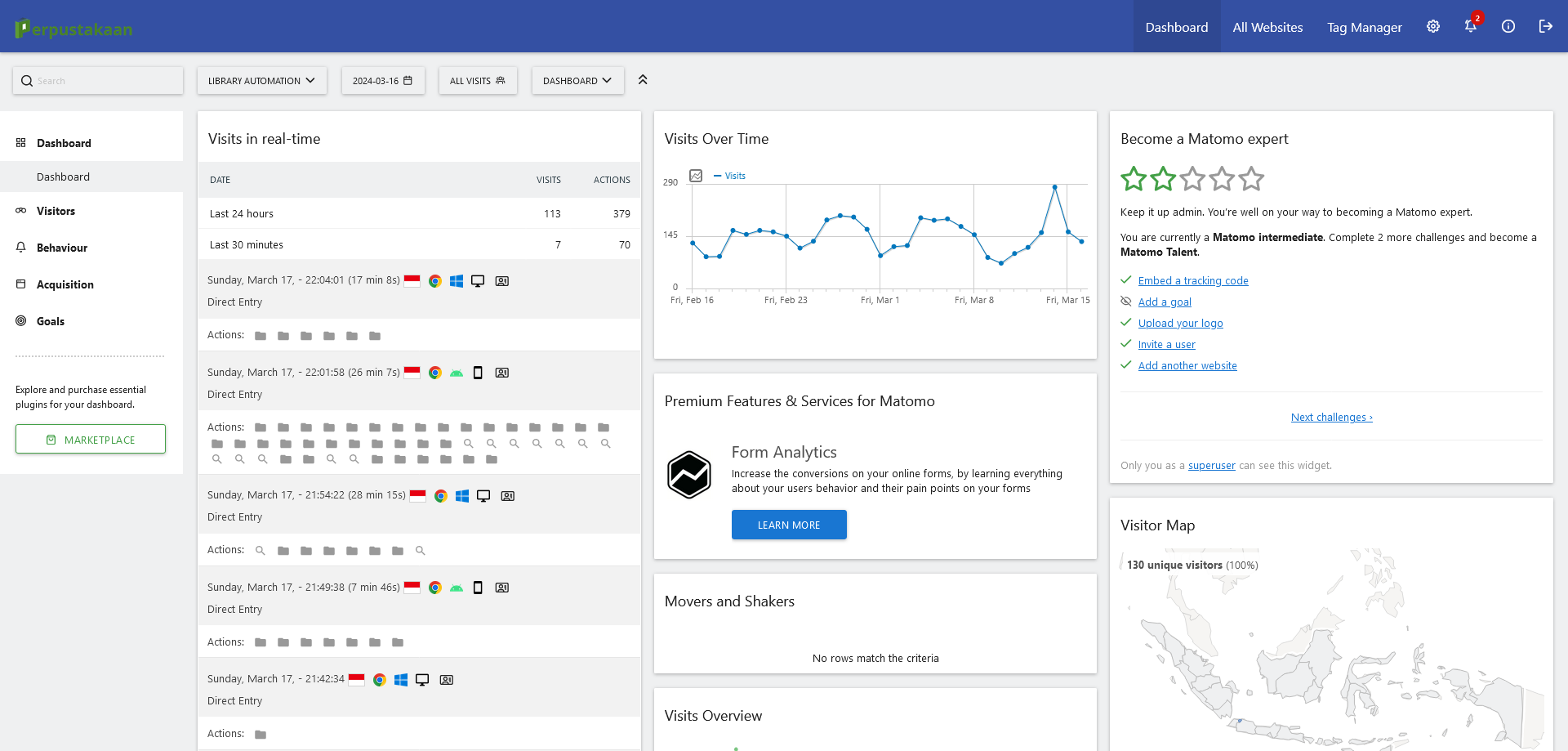Collection Details

Improving working memory in learning and intellectual disabilities
Carretti, Barbara - Nama Orang
Lanfranchi, Silvia - Nama Orang
The last forty years of research have demonstrated that working memory (WM) is a key concept for understanding higher-order cognition. To give an example, WM is involved in reading comprehension, problem solving and reasoning, but also in a number of everyday life activities. It has a clear role in the case of atypical development too. For instance, numerous studies have shown an impairment in WM in individuals with learning disabilities (LD) or intellectual disabilities (ID); and several researchers have hypothesized that this can be linked to their difficulties in learning, cognition and everyday life. The latest challenge in the field concerns the trainability of WM. If it is a construct central to our understanding of cognition in typical and atypical development, then specific intervention to sustain WM performance might also promote changes in cognitive processes associated with WM. The idea that WM can be modified is debated, however, partly because of the theoretical implications of this view, and partly due to the generally contradictory results obtained so far. In fact, most studies converge in demonstrating specific effects of WM training, i.e. improvements in the trained tasks, but few transfer effects to allied cognitive processes are generally reported. It is worth noting that any maintenance effects (when investigated) are even more meagre. In addition, a number of methodological concerns have been raised in relation to the use of: 1. single tasks to assess the effects of a training program; 2. WM tasks differing from those used in the training to assess the effects of WM training; and 3. passive control groups. These and other crucial issues have so far prevented any conclusions from being drawn on the efficacy of WM training. Bearing in mind that the opportunity to train WM could have a huge impact in the educational and clinical settings, it seems fundamentally important to shed more light on the limits and potential of this line of research. The aim of the research discussed here is to generate new evidence on the feasibility of training WM in individuals with LD and ID. There are several questions that could be raised in this field. For a start, can WM be trained in this population? Are there some aspects of WM that can be trained more easily than others? Can a WM training reduce the impact of LD and ID on learning outcomes, and on everyday living? What kind of training program is best suited to the promotion of such changes?
Additional Information
- Penerbit
- Lausanne, Switzerland : Frontiers Research Topics (2016)
- GMD ( General Material Designation )
- Electronic Resource
- No. Panggil
-
370.15IMPi
- ISBN/ISSN9782889198979
- Klasifikasi
- 370.15
- Deskripsi Fisik
- 158p.: ill.
- Bahasa
- English
- Edisi
- -
- Subjek
- Learning
Intellectual Disability
Humans
Memory, Short-Term - Pernyataan Tanggungjawab
- -
- Info Detail Spesifik
- -
- GMD
- Electronic Resource
- Tipe Isi
- text
- Tipe Media
- computer
- Tipe Pembawa
- online resource




